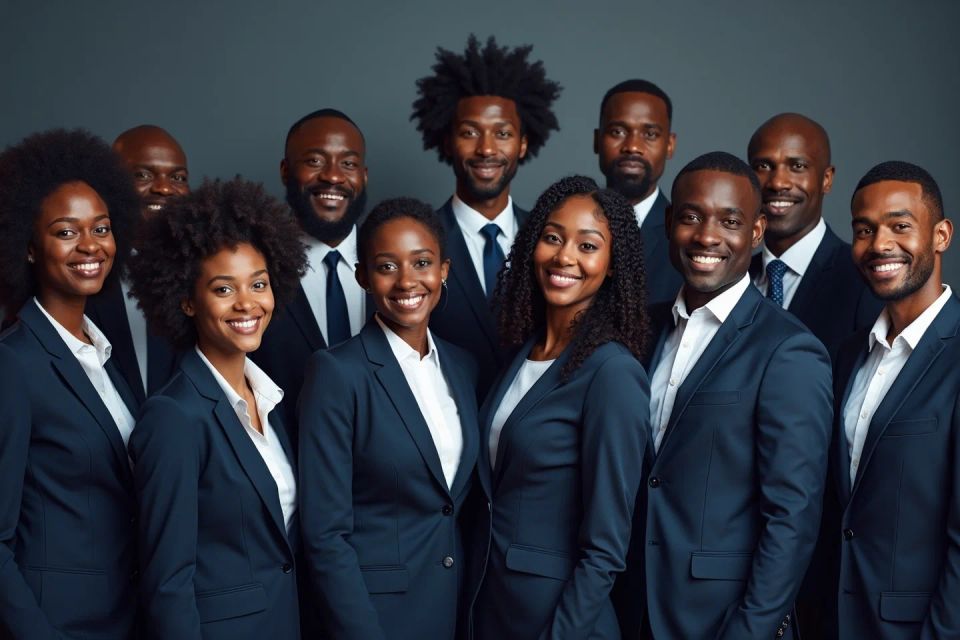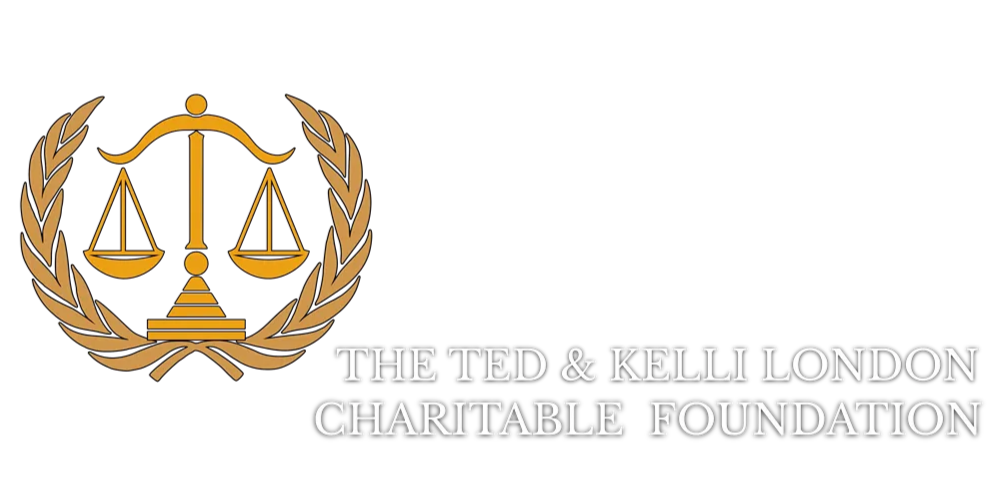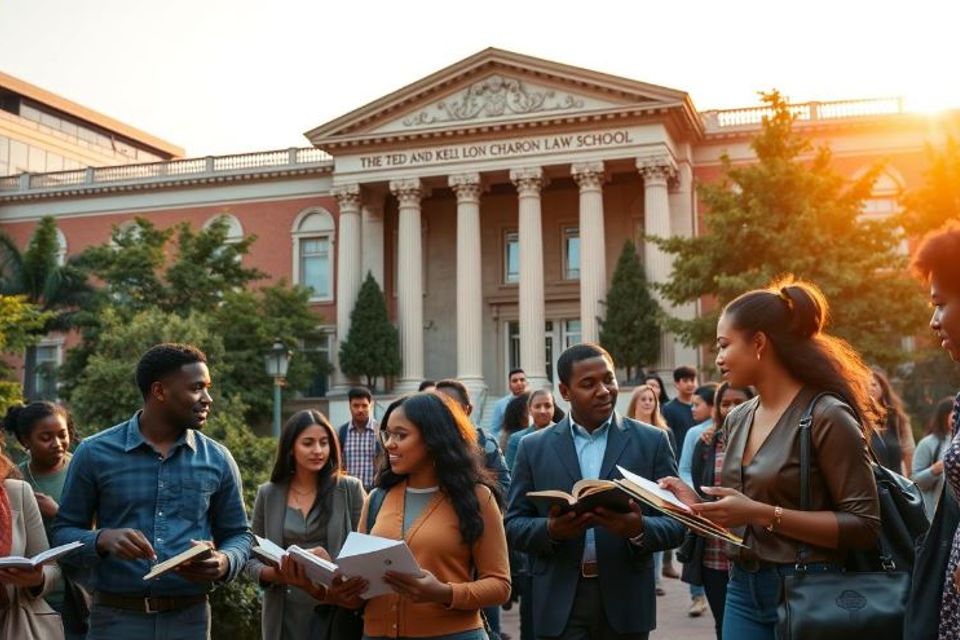Changing legal education is key to increasing diversity. New strategies are making it easier for more people to become lawyers. This makes the legal field more inclusive.
Breaking Down Traditional Barriers in Legal Education
Law schools are working hard to remove old barriers. They want to help more people from different backgrounds become lawyers. Here are some ways they're doing it:
Developing targeted recruitment programsCreating supportive campus environmentsOffering specialized academic supportExpanding scholarship opportunities The Role of Mentorship in Legal Career Development
Mentorship is very important for future lawyers. Experienced legal professionals can offer great advice.
They help students understand the legal world and face challenges.
Connecting students with practicing attorneysProviding real-world career insightsBuilding professional networksOffering personalized career counseling Financial Accessibility and Scholarship Opportunities
Money can be a big obstacle for those wanting to study law. Scholarships help make law school possible for many. This way, students can turn their dreams into reality.
Need-based financial aidMerit scholarshipsDiversity-focused fundingLoan forgiveness programs
"Diversity in law schools reflects the diversity of our society, creating a more representative and just legal system."
The Ted and Kelli London Charitable Foundation's Impact on Legal Education
The Ted and Kelli London Charitable Foundation is changing legal education.
They aim to open doors for students from all walks of life. Their work helps those who usually find it hard to get into law school.
The Foundation's programs focus on several key areas:
Providing comprehensive scholarship supportDeveloping mentorship networksCreating targeted academic preparation programsOffering professional development workshops
Empowerment through education is what the Ted and Kelli London Charitable Foundation is all about.
They tackle big challenges to help talented people who might be missed by others.
"Our mission is to transform the legal landscape by nurturing diverse talent and providing meaningful opportunities," says a foundation representative.
Their efforts have made a big difference. They've helped hundreds of law students on their way to becoming lawyers. Their work is changing the face of the legal profession.
Want to learn more? You can reach out to the Ted and Kelli London Chaitable Foundation at: Website: https://www.foundationtkl.org/
Phone: 773-366-8881Email: foundationtkl@gmail.comConclusion
Creating a diverse legal workforce is more than just a challenge. It needs a strong commitment from schools, foundations, and legal experts. They aim to change the way we learn law. The Ted and Kelli London Charitable Foundation shows how we can make a big difference.
We must tackle financial barriers, offer mentorship, and tackle big challenges. By helping talented students from different backgrounds, we can change the legal world. Scholarships, skill-building, and networking help new lawyers overcome big hurdles.
Together, we can make legal education welcoming to everyone. Students from all walks of life bring new ideas to the legal field. This makes justice and fair representation possible. Foundations and schools are leading the way to a fairer legal world.
The future of the legal workforce looks bright and diverse. Every scholarship, mentorship, and challenge overcome brings us closer to a fair legal system. Our work today will shape the leaders of tomorrow.
FAQ
Why is diversity in the legal profession important?
Diversity in law is key because it adds different views and experiences. It makes sure the legal world reflects our community. It also helps in fair representation and opens doors for talented people from all walks of life.
What are the main barriers to diversity in legal education?
Big hurdles include money issues, lack of mentors, biases, and few role models in law schools. Also, history has kept some groups out of law and education.
How can scholarship programs help increase diversity in law?
Scholarships help by covering costs, supporting students from diverse backgrounds, and offering mentorship. They open doors for those who might not get into law otherwise.
What role does mentorship play in legal career development?
Mentorship is vital for growing in law. It offers advice, support, networking, and insight into the field. Good mentors help students face challenges, build confidence, and learn key skills.
How can individuals support diversity in the legal profession?
You can help by backing scholarship programs, mentoring, pushing for inclusive hiring, joining diversity efforts, and fostering welcoming environments. This supports professionals from all backgrounds.
What challenges do underrepresented students face in legal education?
Students from underrepresented groups face money issues, lack of networks, cultural isolation, biases, and extra pressure. They must excel academically and professionally while representing their communities.
How can law schools improve diversity and inclusion?
Law schools can boost diversity by using holistic admissions, offering support programs, scholarships, and inclusive cultures. They should also create mentorship chances and actively seek students from various backgrounds.
What impact does diversity have on legal outcomes?
Diverse teams bring new views, solve problems better, understand cultures, and ensure fair legal representation. They help in achieving justice for all communities and legal cases. To learn more about The Law Offices of Ted London and Associates, Click the link below.
https://tedlondon.org



